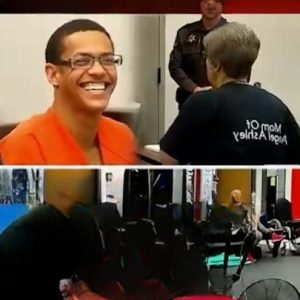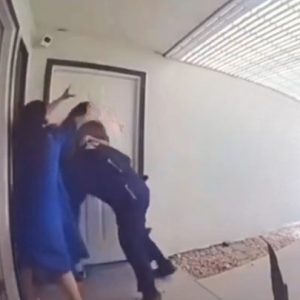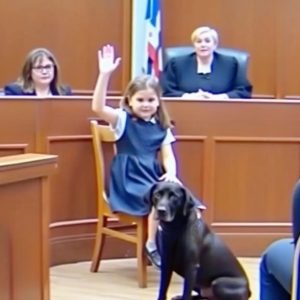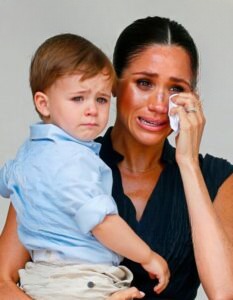In the stillness of a prison cell, last words often echo longer than silence. Sometimes it’s not a plea for mercy, but a haunting question: What does justice really mean?
The United States is one of the few nations in the world that sentences children—sometimes as young as 13—to life in prison without parole. At least 79 of these children are serving such sentences today, condemned to die behind bars before their lives ever truly began.
This practice grew out of the “tough on crime” era of the 1980s and 1990s, when fear of violent youth crime led lawmakers to strip judges of discretion and funnel kids into adult courts. The contradiction is glaring: American society doesn’t trust 13-year-olds to vote, drive, or even buy a beer, yet courts insist they are mature enough to be treated like adults when they commit crimes.
Neuroscience tells us otherwise. The adolescent brain is still developing—especially in areas tied to judgment and impulse control. To ignore that is to ignore science, and to deny the possibility of growth and redemption.
The burden of these harsh sentences falls hardest on marginalized communities. Black and Latino youth are far more likely to be locked away for life. Many of these children grew up in poverty, abuse, or instability—factors that shaped their mistakes long before the justice system labeled them irredeemable.
Globally, the U.S. stands nearly alone. Nations around the world center juvenile justice on rehabilitation, not retribution. Even for serious crimes, most young offenders abroad are eventually given a chance to rebuild. Human rights groups have repeatedly condemned the U.S. practice as a violation of child rights.
There have been steps toward change. In 2012, the Supreme Court struck down mandatory life without parole for juveniles, later making the decision retroactive. But many states resisted, leaving thousands still trapped. Progress is uneven, and for many, too late.
Behind the statistics are lives:
-
A boy, sentenced at 14 as an accomplice in a robbery, has now spent more than 20 years in prison. He never harmed anyone. His letters are full of regret—and hope.
-
A girl, charged at 15 after years of abuse and neglect, remains incarcerated in her 30s. Her life was effectively ended before it began.
Their stories ask us to consider whether permanent punishment for children reflects justice—or vengeance.
If justice means fairness and humanity, then the path forward is clear. Abolish life without parole for children. Expand parole opportunities. Invest in families, schools, and mental health. Build a system that believes children can change.
Because the question whispered in that prison cell—What does justice really mean?—is one we all must answer.





